Roses, chocolate hearts, teddy bears and cards full of sweet sentiments about love and tenderness. Next Tuesday is Valentine’s Day, and every retail outlet since January has been awash in reminders at every turn.
Darius is a young man now, more consumed with his part-time job, friends and college courses than collecting Valentine cards. His sisters, however, are at sweet, simple ages—boys are just friends right now, people that Nia and Layla invite to birthday parties and work on school projects with…not yet mysterious and mesmerizing human beings with the power to break their hearts. They already have shelves and jewelry boxes full of mementos from Mom and Dad, recollections of dining out and lessons about how dates should stand when they enter and pull out their chairs. We parents haven’t been perfect by any means, but the girls watch their mother and father demonstrate a consistent example of how affection, acceptance and mutual compromise enhances relationships, romantically or otherwise. 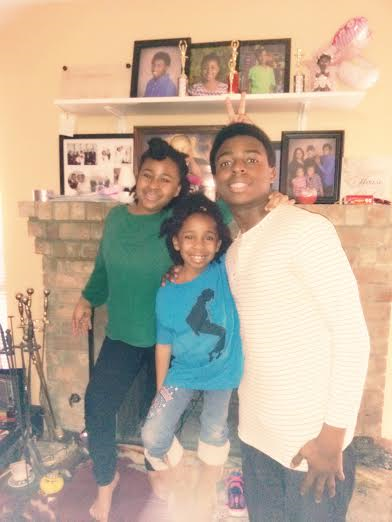
But once they leave home, the messages change: the girls grew up hearing about good and bad existing in everyone, but more and more often, Layla and Nia are witnessing that people who don’t fit a certain narrow definition of what’s ‘acceptable’ are unworthy of love. Those native to different countries, ascribing to different religions or possessing other qualities that the majority doesn’t understand are being treated like profiled as criminals….or worse. People belonging to the majority group are ‘innocent until proven guilty.’ Others are ‘guilty by association’ and hardly deserve the benefit of the doubt. Again….where is the love?
There’s a powerful sort of disconnect in a society that champions for the underdog and roots for star-crossed couples, yet advocates for human beings to use stereotypes against one another to dislike and to destroy. From what I have come to understand, love isn’t only to be applied to those we know, nor does love call for us to blind ourselves to the intentions of those meaning harm. However, my issue is this: if we can’t validate the humanity of our fellow men and women because their skin, hair, religious beliefs and zip codes don’t match ours, can we truly call ourselves a ‘friend’? How worthy of love can we be?
I was reminded of this dilemma by a recent e-mail. After my column about the Women’s March appeared in Briefing last month, a reader who took exception to the event wanted to address not the issues, but the fact that people were protesting in the first place. The world could be a better place, in this reader’s opinion, if we “erase our labels” and Mexicans, Muslims, gays and other groups would just stop complaining. “You have a voice in our media, can you use your voice not as a black female, but as an American? You just might make a difference.” And then it was signed, “Your Friend.”
Seriously? According to the Pulitzer-Prize-winning author Alice Walker, “No person is your friend who demands your silence, or denies your right to grow.” So, accordingly, if my ethnicity, my personal truth and the aspects of my journey that make me who I am aren’t doable for you, then how can we be friends? Bridges can’t be mended and problems can’t be solved, personally or otherwise, if one side denies that a problem even exists.
As of today, Valentine’s is right around the corner. Whether or not we celebrate the holiday, all of us are dealing with the same irony: being awash in the symbols of love and hearing people say they want and need it….even as they seem unaware of what love truly is.

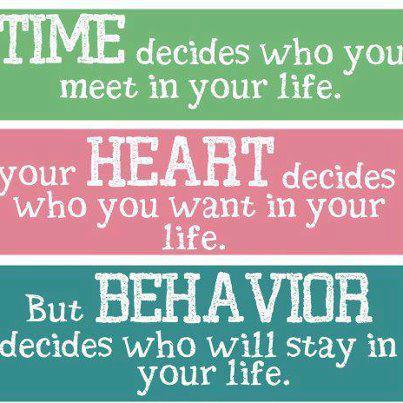

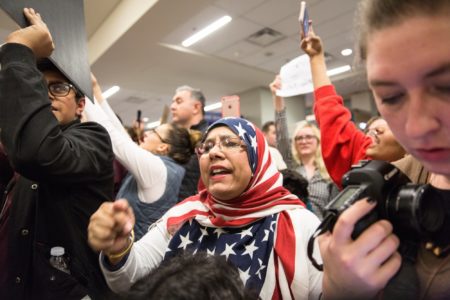


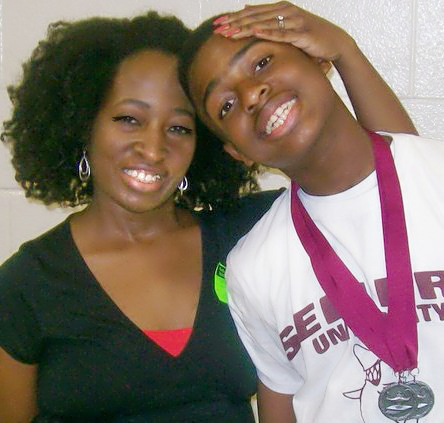
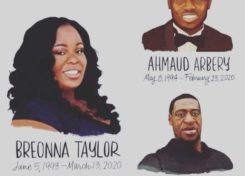
1 Comment
Loved your take on Valentine’s day. Your wisdom and feelings about the day are awesome. Enjoy your weekend. Kiso the kids for me. Love,mom
February 11, 2017 at 12:24 pm